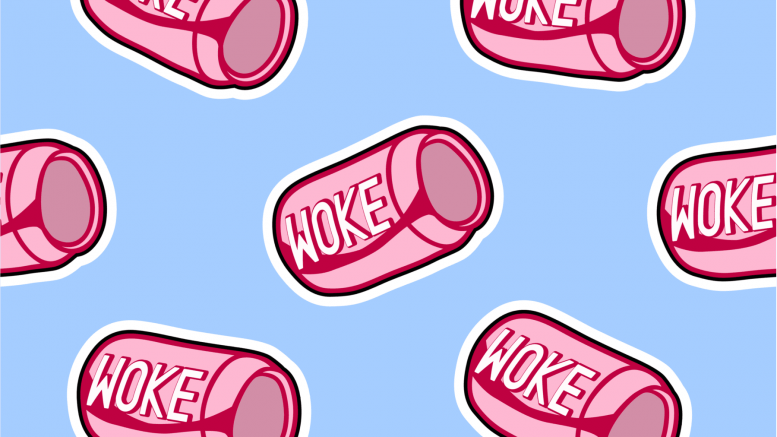Free trade, organic, 100% natural, consumerism, youth marketing … and the list goes on. What I am listing here are not just words but jargons that have become massive trends that every entity or brand wants to follow. One such emerging trend is Woke marketing or Woke-vertising. ‘Woke’ is essentially an African-American term that indicates one is aware of important facts or issues, mainly current social issues. Today, we are seeing brands across segments trying hard to present themselves as ‘woke’. We see brands pegging their communication around women empowerment, environmental safety and some even on citizen rights.
But does one size fit all? No! So, does this type of communication platform work for all brands? The answer is again a resounding No! While any new trend is always attractive for a marketer as it helps them to gain attention of a tech-addicted and attention deficit audience, one needs to understand its relevance for the brand.
Woke-vertising is a powerful messaging platform, but marketers must ask themselves some pertinent questions – what does my brand stand for? What has been the brand legacy for us to connect with a ‘woke’ campaign? How is it relevant for my consumer or target audience? Is it truly a concern or an issue that they are tackling with? What is the expected impact on the business down the line – not just short term? And many more.
An objective analysis will lead to a balanced answer. A decade ago, the only way to tell if your communication worked or not, was it well received, or people did not like it was to wait and see sales results. Even then there was no specific formula. Today, brands have the advantage of using social media to witness consumers response to their communication efforts and often the response is instantaneous. Because of this instant feedback loop, brands can directly attribute certain campaigns with increased or decreased engagement, adapt in real time and retract a communication quickly that is not being accepted favourably.
One needs to be conscious that there can’t be a sudden shift in the brand’s the messaging overnight – such as extolling the benefits of a product to standing for women empowerment. The abrupt shift will not only leave your consumer baffled but may also lead to unfavorable impact on the business. Because today’s consumer is very aware and can easily differentiate between an authentic effort and a marketing gimmick. Available evidence suggests that, if target audiences find it authentic, companies can create a strong emotional bond with the consumers, drive meaningful conversations and boost revenue, but if consumers don’t think its genuine then it will backfire on the brand – often leading to alienating a segment of a relevant target audience.
While Woke-vertising or marketing is a new terminology, purposeful brands have been around for a long time. Purposeful brands seek to connect their core purpose to what’s important to their customers and some companies have had a lot of commercial success with them. As Marketing Guru Philip Kotler famously said – “Be a cause, not just a business. Have a higher mission.”
But the real question to ask is, can your brand at the current product life- cycle afford to have a mission!
The views and opinions published here belong to the author and do not necessarily reflect the views and opinions of the publisher.



Be the first to comment on "Has your brand truly woke(n) up?"